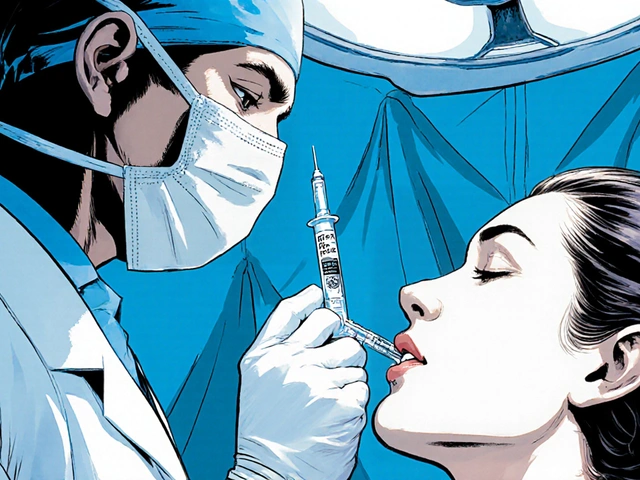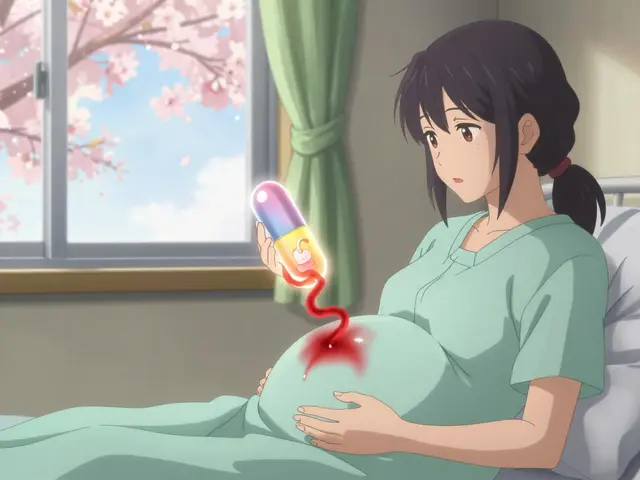Hiccups: What Triggers Them and How to Stop Them Fast
Got a bout of hiccups that just won’t quit? You’re not alone. Most people face them at least once a week, and while they’re usually harmless, the constant “hic” can be annoying enough to ruin a conversation or a meal.
Why Do Hiccups Happen?
Hiccups start when the diaphragm – the muscle that helps you breathe – suddenly contracts. This spasm forces air out of the lungs, and the vocal cords snap shut, creating the classic hic sound. Common triggers include eating too fast, drinking carbonated drinks, sudden temperature changes, or even a burst of emotion like laughter or stress. In most cases the body resets itself within minutes.
Sometimes the cause is more specific. A full stomach can press on the diaphragm, while spicy foods or alcohol irritate the lining of the esophagus and trigger a reflex. If you’ve recently started a new medication, check the side‑effect list; a few over‑the‑counter cough syrups and sedatives can also set off hiccups.
Quick Fixes That Actually Work
There’s a ton of folklore about hiccup cures, but a few simple tricks have real backing. Holding your breath for about 10–15 seconds increases carbon dioxide in the blood, which can calm the diaphragm. Swallowing a teaspoon of sugar or honey creates a mild irritation that resets the nerve loop.
Another solid method is the “paper towel” technique: place a paper towel over a glass of water, then drink slowly through it. The extra effort changes your breathing pattern and often stops the spasm. If you’re near a kitchen, try sipping a cold glass of water while gently pulling on your tongue – both actions stimulate the vagus nerve, which helps regulate diaphragm movements.
For persistent hiccups lasting more than 48 hours, it’s time to get professional help. Doctors may prescribe muscle relaxants, anti‑nausea meds, or even low‑dose gabapentin to calm the nerves involved. Underlying conditions like GERD, pneumonia, or a brain injury can cause chronic hiccups, so a thorough check‑up is key.
While most hiccups fade on their own, knowing a few reliable tricks can save you from the embarrassment of a noisy interruption. Keep these remedies in mind, and if the hiccups linger, don’t hesitate to ask a healthcare professional for advice.

Why Do We Get Hiccups? The Science Explained
Discover the real science behind hiccups, how the reflex works, common triggers, and when they turn pathological. Learn effective ways to stop them.




